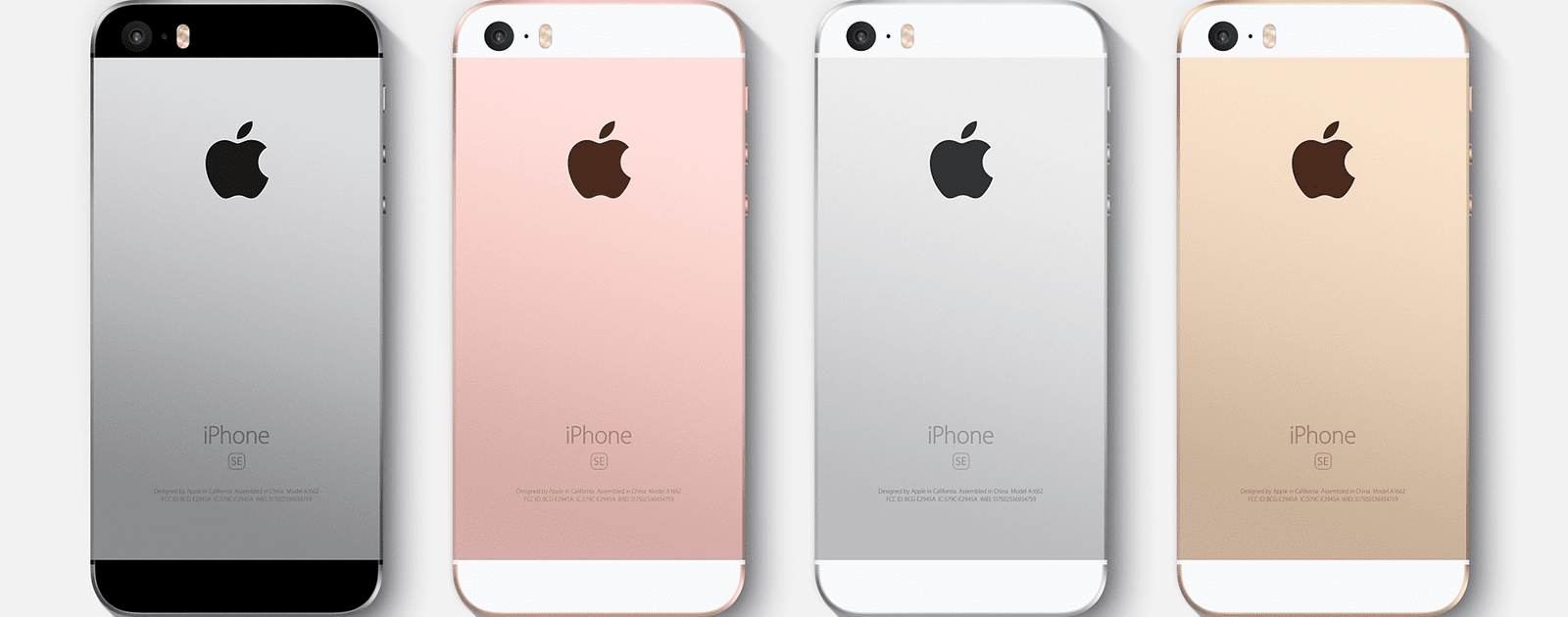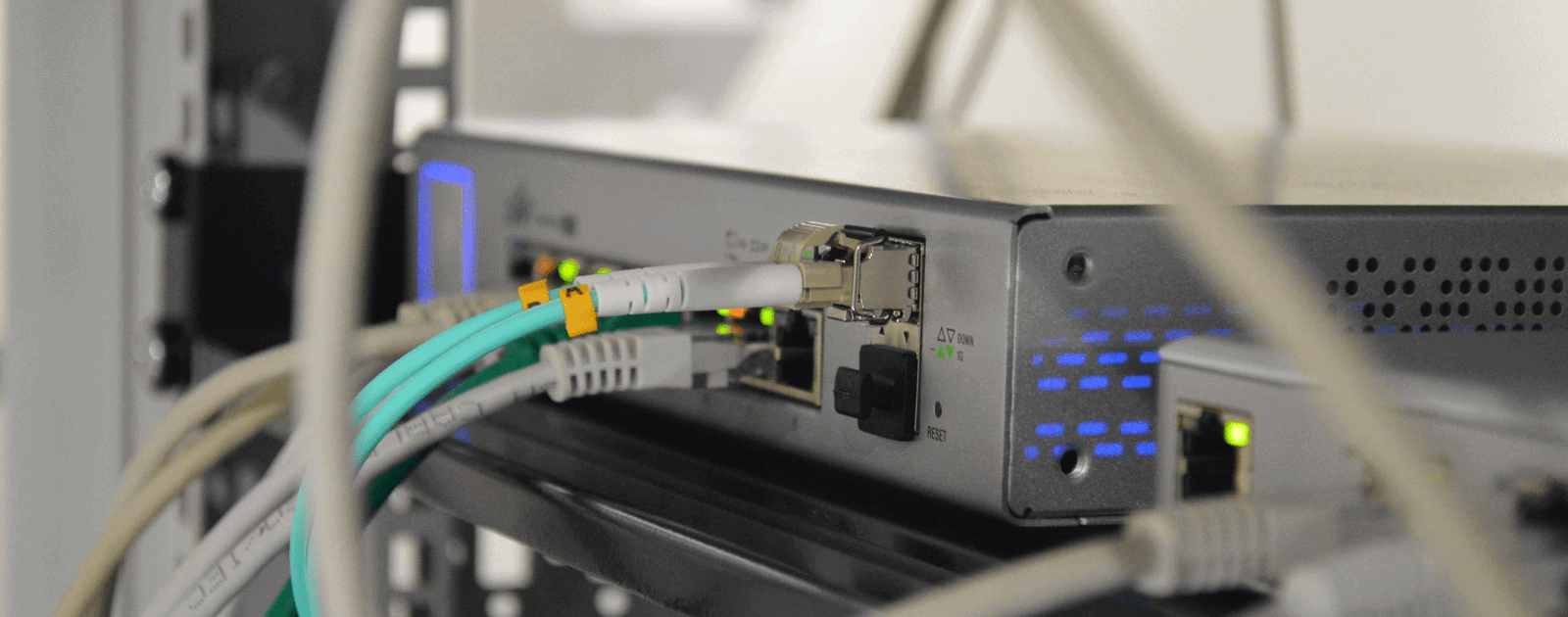The National Security Agency continues to violate American rights when it comes to internet privacy.
The government attempts to defend this spying by pointing out that its “targets” are foreigners located abroad. But this is no defense at all. Americans regularly communicate with individuals overseas, and the government uses PRISM surveillance to collect and sift through many of these private communications. The government has even admitted that one of the purposes of Section 702 is to spy on Americans’ international communications without a warrant.
I’m shocked, shocked I tell you!











